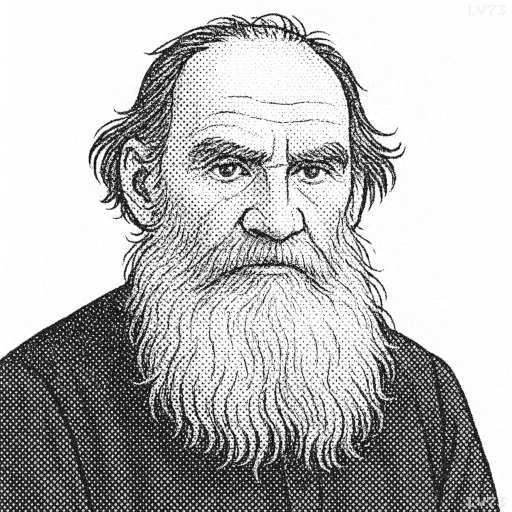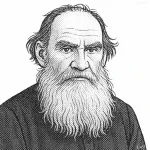“Truth, like gold, is to be obtained not by its growth, but by washing away from it all that is not gold.”

- September 9, 1828 – November 20, 1910
- Born in Russia
- Writer, philosopher
table of contents
Quote
“Truth, like gold, is to be obtained not by its growth, but by washing away from it all that is not gold.”
Explanation
In this quote, Leo Tolstoy compares truth to gold, suggesting that truth is not something that is created or grown, but rather something that is revealed through the process of removing all that is false or misleading. Just as gold is purified by separating it from the impurities and dirt, truth is uncovered by stripping away prejudices, misconceptions, and distortions. Tolstoy implies that the pursuit of truth requires discernment and the ability to recognize what is false in order to reveal the pure essence of reality.
In the modern world, this idea is particularly relevant in the context of information overload and the challenge of discerning truth in an era of misinformation and media manipulation. With so much noise and conflicting perspectives, finding the core truth often involves sifting through layers of distortion. Whether in politics, social issues, or personal relationships, understanding what is authentic and genuine requires careful attention to what is not truth—such as biases, lies, or incomplete narratives.
Tolstoy’s own life and work were deeply committed to the search for moral and spiritual truth. His writings often focus on characters who struggle to uncover deeper truths about themselves and the world around them, and he saw truth as a moral foundation that transcends societal norms and individual interests. In his later years, Tolstoy became increasingly concerned with moral clarity and spiritual enlightenment, emphasizing that truth must be sought with honesty and humility. This quote serves as a reminder that truth is not a simple accumulation of facts, but a process of purification, requiring one to discern and remove the falsehoods that obscure our understanding.
Would you like to share your impressions or related stories about this quote in the comments section?



